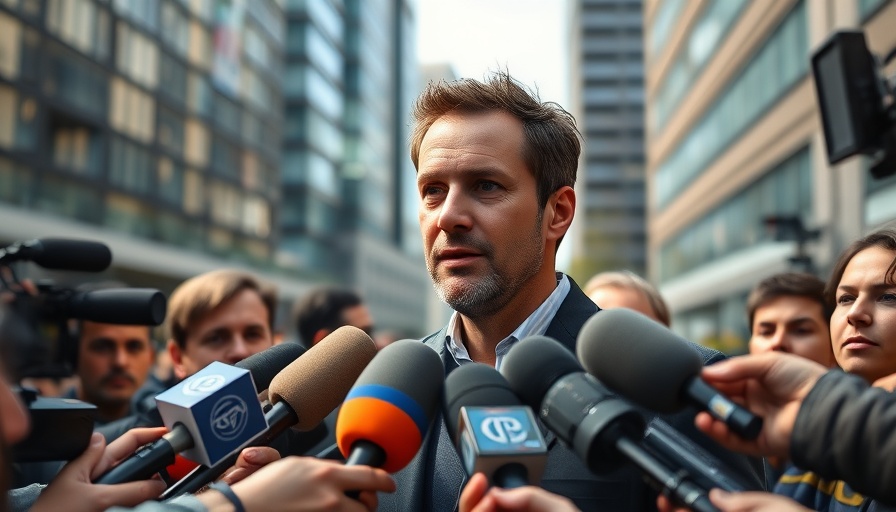
Understanding the Historical Context of Racial Clashes
The first-known clash between blacks and whites in Southern Africa is a pivotal moment that highlights the complexities of colonial encounters. Understanding this moment not only sheds light on the historical dynamics of power and fear but also sets the stage for analyzing the long-term implications on societal structures today. Observing events from Vasco da Gama's first voyage in 1497 to the tragic racial tensions encapsulated in the Prohibition of Mixed Marriages Act of 1949 helps us comprehend how early miscommunications between different cultural groups laid a foundation for racial policies that would shape South Africa's landscape for decades.
Social Connection: The Ongoing Repercussions of Historical Conflict
The clash between Vasco da Gama and the Khoikhoi people is not merely a relic of history; it resonates with contemporary discussions on race relationships. The lingering effects of colonialism are seen in various forms today, including systemic inequality and the struggle for reconciliation in post-apartheid South Africa. These historical events serve as a reminder that to foster social harmony, communities must engage deeply with their genealogies and confront the ghosts of their past.
The Governance of Relationships: Legislation and Its Impact
The introduction of the Prohibition of Mixed Marriages Act in 1949 reflects a systematic attempt to govern personal relationships under the guise of maintaining societal order. However, the act never managed to suppress the innate human desire for connection, as love continued to flourish across racial boundaries despite the oppressive legal landscape. This legal framework serves as a stark example of how policies can be counterproductive, leading to resilience among those persecuted.
Technology and its Role in Modern Reconciliation Efforts
In today's digital age, technology becomes a pivotal tool in reshaping narratives around race and history. Platforms for dialogue on social media, digital storytelling, and even augmented reality apps allow for immersive historical education, fostering an environment for understanding potential future relationships. Additionally, tech solutions for civic engagement can bolster community interactions, aiming to bridge past divides.
Opportunities for the Future: Lessons Learned from Historical Clashes
The historical incidents remind us that societal change is often slow and fraught with challenges. However, they also offer valuable insights into how we can build inclusive systems that acknowledge past injustices while working towards a more equitable future. By leveraging innovation and education, particularly in tech fields like edtech, organizations can create spaces for dialogue and opportunities for growth within communities, especially among the younger generation.
 Add Row
Add Row  Add
Add 




Write A Comment